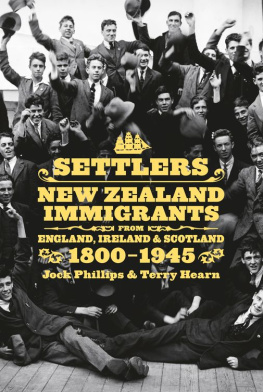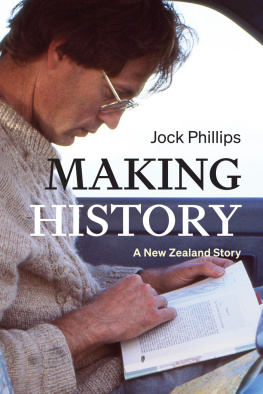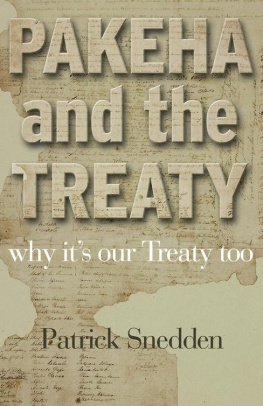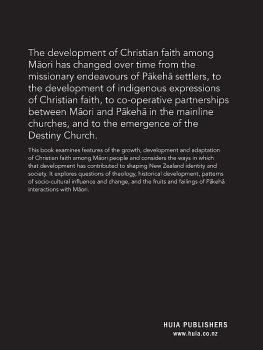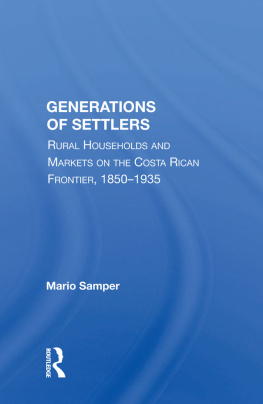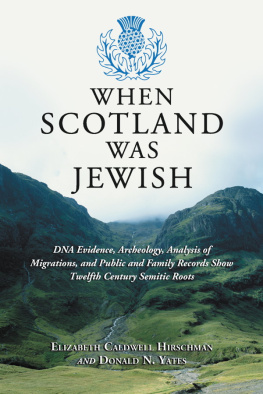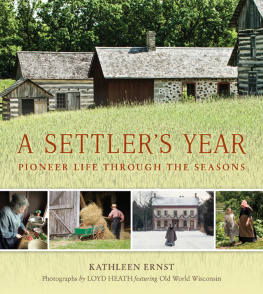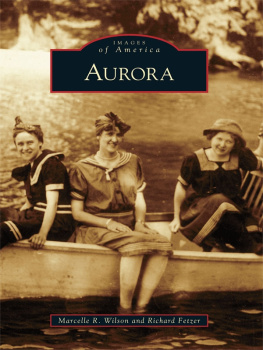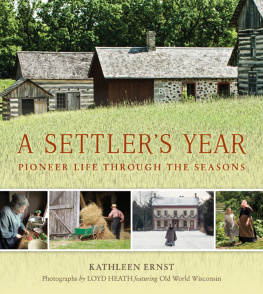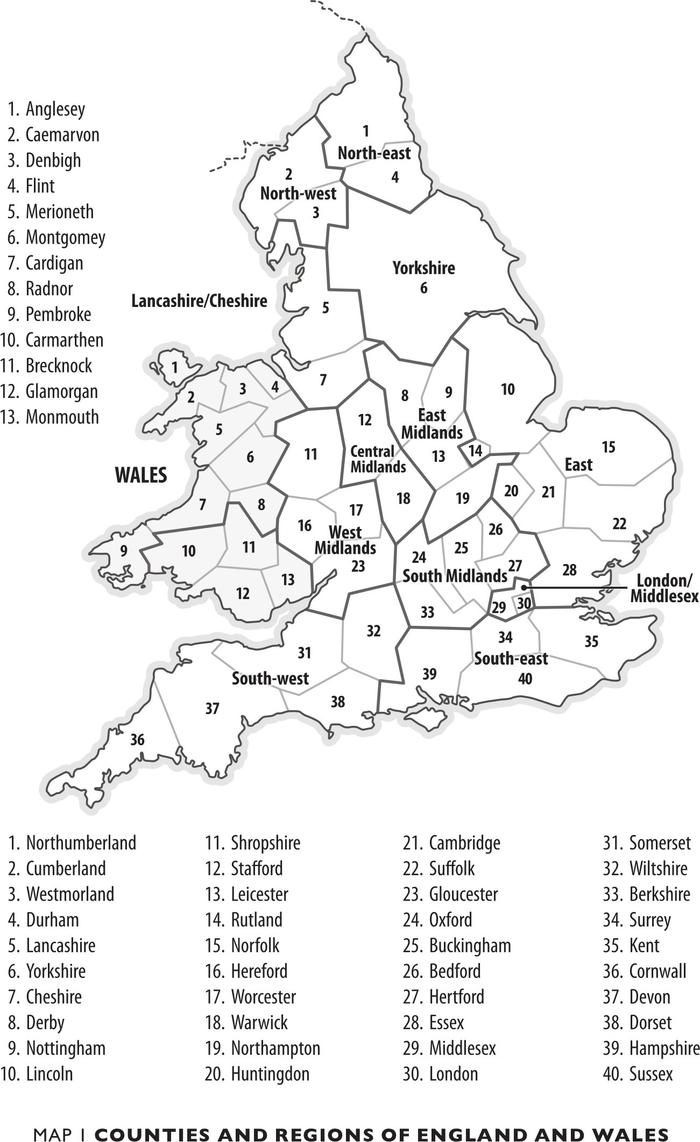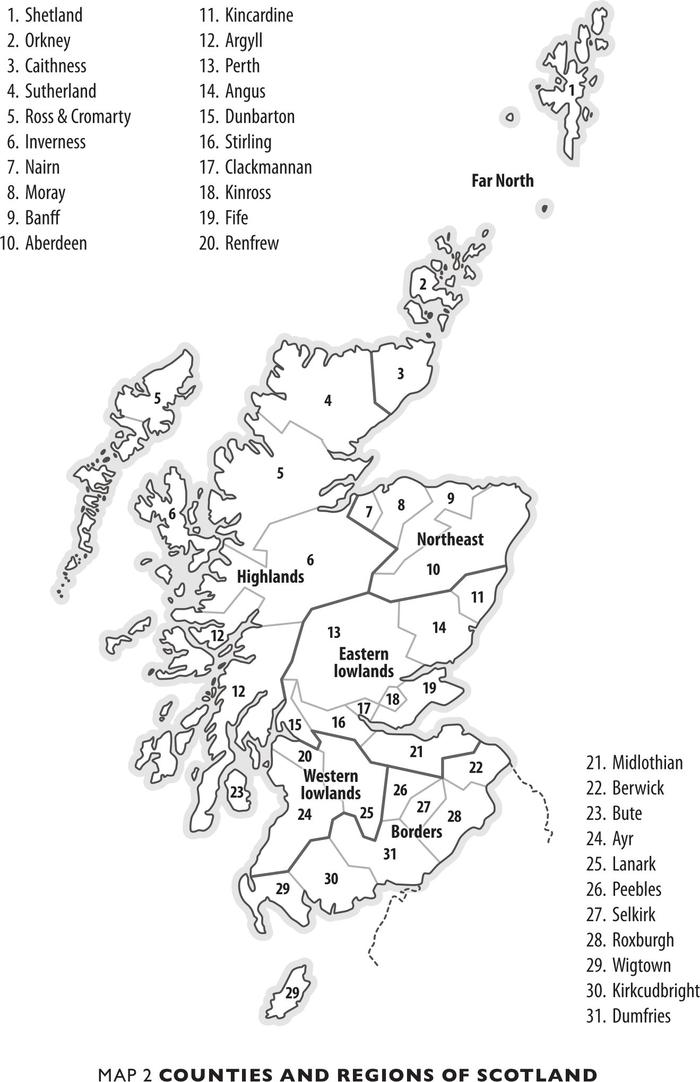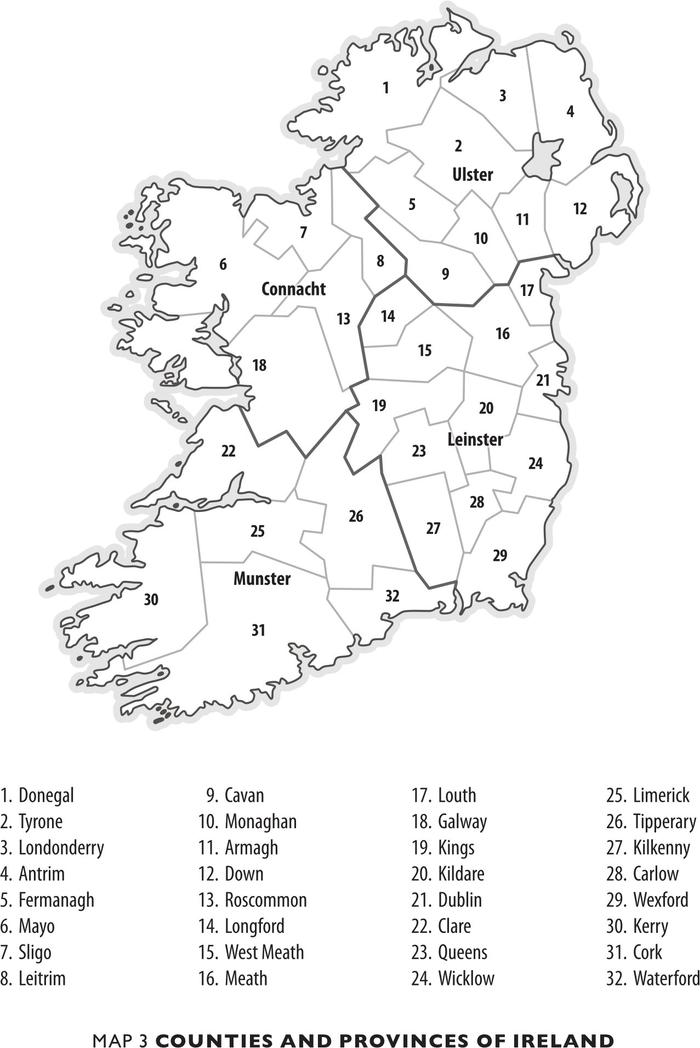Who were New Zealanders Pakeha ancestors? Who were the thousands of people perhaps as many as 500,000 who left Britain and Ireland in the century and a half after 1800 to journey 12,000 miles to a new land, the people who became for two-thirds of New Zealanders their first generation here? Where on those islands did they come from? Where did they settle when they reached the new land? And do the origins of the countrys British and Irish settlers tell us anything significant about the society which emerged in New Zealand? These are the central questions which this book sets out to answer.
The answers are largely based upon a systematic and statistical analysis of sources such as passenger lists, provincial and central government immigration records, and, most importantly, death registers. The findings revealed by these sources are laid out fully in chapter 3. The first chapter provides the historiographical context. It explores the interesting story of why it has taken so long for New Zealanders to examine their United Kingdom ancestry, and then examines the methods we have used to come up with answers. Readers not concerned with historiography may wish to start at chapter 2, which provides an overview of the history of migration from the British Isles and is essential for understanding the later findings. In chapter 4 we leave the statistics behind and try to speculate on the larger meaning of the patterns we have uncovered.
Necessarily this book presents a large body of tables and figures, which can be intimidating to some readers. We have tried to give life to those findings by leavening the analysis with a considerable number of personal stories. We have drawn these almost exclusively from two sources: family histories collected by the New Zealand Society of Genealogists, and the more than 3000 biographies now available in the Dictionary of New Zealand Biography. We are very grateful for the use of these sources and hope this book gives a new meaning to their accounts of individual lives.
This preparation of this book has been a cooperative enterprise. It began in 1996 as a multi-year project funded by the Foundation for Research, Science and Technology and administered by the Historical Branch of the Department of Internal Affairs. The project was supervised by the Departments Chief Historian, Jock Phillips, with the assistance of John Martin. Those who were employed to collect and analyse the statistics were Nicholas Bayley, Paul Hudson and Terry Hearn. Kerry Taylor also worked for a short time collecting material on the pre-1840 period. Sue Upton compiled statistics of arrivals by sea up to 1852. Once the material had been collected, Terry Hearn prepared a major draft which presented the findings chronologically. This draft with its detailed figures is now available on the world wide web at http://www.nzhistory.net.nz/node/370 and it is the basis for the story to be found here. The data collected has already attracted considerable interest from other historians of immigration and from genealogists , but the draft was too long for publication in book form, so this overview was written by Jock Phillips with the help of Terry Hearn. It is intended to provide a succinct overview of the statistics and includes some informed speculation on the larger meaning of the figures.
We are very grateful to the many people and institutions who made this publication possible. The History Group of the Ministry for Culture and Heritage has been remarkably patient while the book has inched towards completion, and we are especially grateful to the Chief Historian, Bronwyn Dalley, for her advice. Brian Clarke, of Births, Deaths and Marriages, was generous in giving us access to the death registers. Librarians and archivists, especially those at Archives New Zealand, the Alexander Turnbull Library and the Hocken Library, were unfailingly cooperative. The drafts were read helpfully by Michael Campbell, Caroline Daley, Deborah Montgomerie, Chris Maclean and Susan Harper. Susan Brierley with David Green did a fine job tidying the text. Without their support and advice the book would be very much poorer. For the integrity of the figures, and the interpretations and speculations to which they give rise, we alone are responsible.
Jock Phillips
Terry Hearn
11 November 2007
HOW WE FORGOT OUR ANCESTORS
I T WAS MID-SUMMER , 9 J UNE 1842. There were cheers from well-wishers onshore as the Duchess of Argyle was towed by the paddle-steamer Samson down the Firth of Clyde to begin its journey south towards New Zealand. On board were 178 adults and 128 children, nearly all inhabitants of the town of Paisley, close to Glasgow. The cheers temporarily hid the pain that accompanied the ships departure. Paisley was a weaving town that had attained some fame as the home of the Paisley shawl. But the early 1840s were not a good time for weavers , or trade in general. In the ten months leading up to March 1842 a quarter of the population of Paisley, some 12,000 people, had been kept from actual starvation by means of soup kitchens or charity. In consequence, a meeting of unemployed workers had resolved to ask the British government to support migration to Canada, Australia, the Cape of Good Hope or New Zealand.
In fact, a Paisley New Zealand Emigration Society had already been formed in the town. Originally it had been a Canadian society, in the belief that everybody who went to New Zealand was liable to be eaten up by cannibals. But when no support for a Canadian venture was forthcoming New Zealand became the alternative, and there was a positive response. In April the Paisley Advertiser reported that the Colonial Land and Emigration Commission had decided to send two ships to that prosperous colony of New Zealand, specifically to
Four months later, on 8 October, the Duchess of Argyle stranded on a sandbank near Auckland, and the next day the family disembarked. They waded ashore through mud and water, carrying their children and their boxes of precious possessions. They received a friendly welcome from Maori on the beach.
Today we would love to be able to look inside their boxes to see what the Munros brought with them. What did Daniel wish to carry to the new land from his Paisley background? What were the physical mementos, and what were the cultural traditions he brought? We know that when his eldest daughter, Ellen, gave birth to her first New Zealand child nine years later she followed Scottish naming patterns and called her son after his paternal grandfather. And Elizabeth? What did she bring from Cork?
Daniel and Elizabeth and their four children were among the first of the thousands of people, over half a million, who came out from Britain and Ireland to a new land on the other side of the globe between 1800 and 1945. They were a varied lot. In Auckland the Munros would soon be joined by Irish peasants who had come via Australia, and later by non-Conformists from the Midlands. There were miners from Cornwall, domestic servants from Belfast, hop-pickers from Kent, knitters and fisher folk from the Shetlands in the far north of Britain, even seamen from Jersey in the English Channel. Each came with a distinct accent, language and customs. Their habits, beliefs and prejudices were not erased the moment they stepped on board ship. Such people helped build the Pakeha culture that emerged in New Zealand and eventually came to dominate the Maori culture already established here. To get to know these people better we need to find out exactly where they came from, in what numbers, and what their backgrounds were. Providing a solid statistical basis for this understanding is an essential first step in explaining the origins of New Zealands Pakeha culture.

